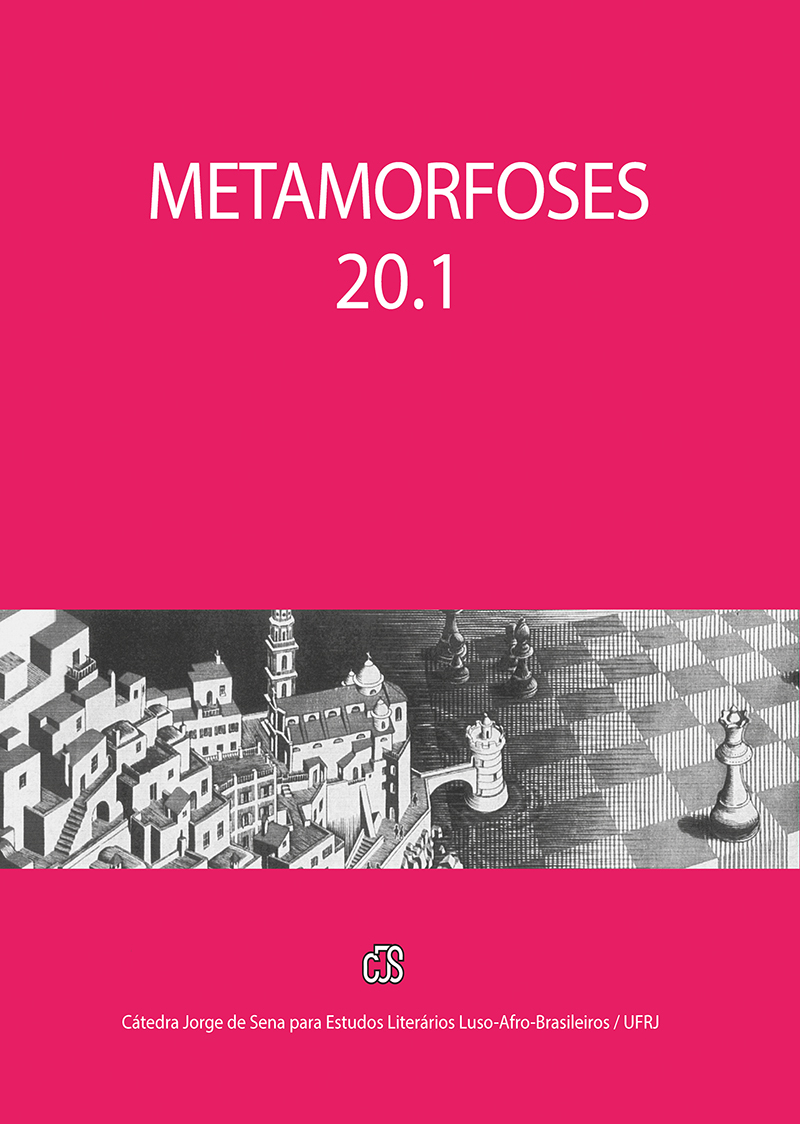Avant-garde and social criticism in Marco Zero, by Oswald de Andrade
Abstract
The year 1933 marked a change of direction in Oswald de Andrade’s career. Under a new ideological orientation, after joining the Communist Party two years earlier, the writer also took on a new conception of the role of the intellectual in society and began to produce works committed to the country’s problems. During the 1930s, he published three plays in this vein and dedicated himself to the project of the mural novel Marco Zero (begun in 1933), with which he sought to produce a participatory literature critical of the development of capitalism in Brazil. In order to accomplish the novel, without giving up the achievements of Modernism’s artistic techniques and procedures, Oswald relied on the socialist avant-garde (including Russian Futurism), which articulated aesthetic research and revolutionary ideological conceptions and gave a social and political meaning to art, understood as an instrument for the construction of the future. From a critically armed perspective, the novel represents the contradictions of the process of capitalist modernization ongoing in Brazil in the first decades of the 20th century.
Downloads
Published
Issue
Section
License
Copyright (c) 2023 Metamorfoses - Revista de Estudos Literários Luso-Afro-Brasileiros

This work is licensed under a Creative Commons Attribution-NonCommercial 4.0 International License.
Autores que publicam nesta revista concordam com os seguintes termos:
- Autores mantêm os direitos autorais e concedem à revista o direito de primeira publicação, com o trabalho simultaneamente licenciado sob a Licença Creative Commons Attribution que permite o compartilhamento do trabalho com reconhecimento da autoria e publicação inicial nesta revista.
- Autores têm autorização para assumir contratos adicionais separadamente, para distribuição não-exclusiva da versão do trabalho publicada nesta revista (ex.: publicar em repositório institucional ou como capítulo de livro), com reconhecimento de autoria e publicação inicial nesta revista.
- Autores têm permissão e são estimulados a publicar e distribuir seu trabalho online (ex.: em repositórios institucionais ou na sua página pessoal) a qualquer ponto antes ou durante o processo editorial, já que isso pode gerar alterações produtivas, bem como aumentar o impacto e a citação do trabalho publicado (Veja O Efeito do Acesso Livre).

